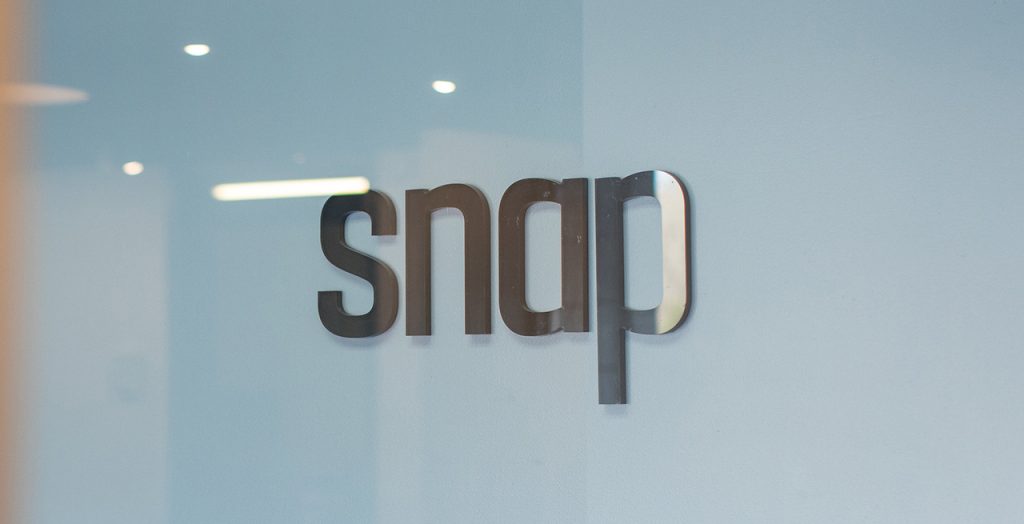It goes without saying that you want your ad campaign to be successful. But to actually get to that point, you need to target the right audience—the one that will actually be interested in your product or service. But how can you most effectively target an audience on Google Ads with a specific PPC campaign?
Two Approaches to PPC Campaigns
Today, we’re going to delve into two different methods used to create PPC campaigns: audience targeting and keyword targeting. In short, one relies on a living, breathing demographic, while the other depends on knowing what keywords that audience is searching for.
Of course, this is all pretty circular—successful audience targeting depends on knowing what keywords appeal to your demographic, and you need to know your demographic to choose the right keywords. If you’re running a PPC campaign, you’ll likely end up using a mix of these two approaches. Here’s how they differ.
Audience Targeting
As we mentioned above, audience targeting depends on how well your product trends with a particular audience (i.e., “demographic”). A demographic may be sectioned off by age, gender, ethnic background, geographic location, income level, parental status, and much more.
Pros
Intent is a critical part of audience targeting. After all, you don’t just want people who might type in a specific term, you want people who are intending to purchase or convert around that term.
You know those eerily-accurate targeted ads you see after searching for a specific product? Those are the result of advanced audience targeting. In other words, in-market audience targeting shows ads to users who have been searching for products and services like yours. Whether you have a seasoned customer who made a previous purchase, or a prospective client that was doing some casual searching, they’re already searching for something similar—so they have a pretty good reason to interact with your ads.
Another compelling feature on Google Ads is the ability to expand your audience. In other words, you can reach out to a demographic who may be interested in your product, based on related interests, rather than a direct search.
Keyword Targeting
With keyword targeting, we’re less concerned about the demographic (but that’s definitely still on our radar) and more with targeted content. Keyword targeting involves writing concise ads using the words that are most relevant to your product or service and targeting users who were searching for those exact words, or a combination of similar keywords.
But how can you determine which keywords to use? Never fear; Google Ads has a feature called the Keyword Planner, which allows you to identify relevant words and incorporate them into your strategy. You’ll get to view how often certain words are searched, and how those searches have subtly changed over time. Doing PPC keyword research in 2020 just got that much easier.
Pros
Keyword targeting allows you to adjust your strategy to appeal to specific audiences; you can change it up depending on, say, the season, or what’s currently trending in the news. Your audience may fall under a particular demographic, but they’re not static, so it’s important to be flexible when it comes to keyword strategy.
We know you’re probably pressed for time and have a million other things going on, which makes cutting to the chase (in other words, knowing the exact keywords you need to get leads) advantageous for both generating ROI and making efficient use of your workday. Keep in mind, though, that you could run into issues with intent if you’re working in a particularly saturated market, or if your ads aren’t reaching your intended audience.
AdWords Targeting Sounds Great, But What’s the Catch?
PPC stands for Pay-Per-Click, which means you’ll be forking over a sum for these services, whether you like it or not. The U.S. Small Business Administration recommends setting aside 7 to 8 percent of your company revenue for marketing, and on a related note, 80 percent of search results contain Google Ads. Simply put, investing money in a PPC campaign is well worth the cost.
Once you’ve decided to invest in PPC, you’ll want to keep tabs on the average cost-per-click, bidding price on keywords, and several other calculations. With the suggestions of a digital marketing agency, you’re sure to find the best places to allocate your budget and get the most bang for your buck.
Keep Your PPC Campaign On-Target With Snap
At Snap Agency, we do it all. Whether you need assistance with allocating that advertising budget, performing sophisticated keyword research, or both audience and keyword targeting, we know just how to help. Enough with the guessing games—you deserve to send the right message to the right people and get profitable, quantifiable results in the process.
That’s what we’re here for—so reach out today.




